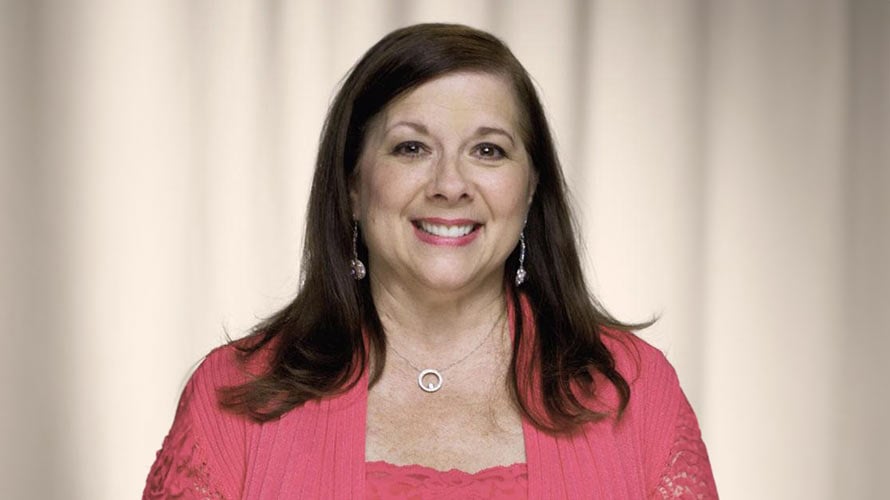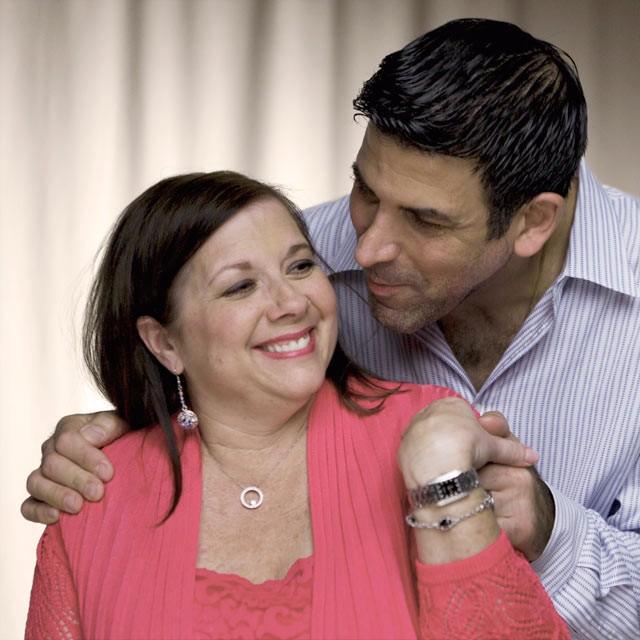Lori's Story

Meet Lori
Brain Cancer Survivor
"It was a terminal diagnosis with a prognosis of two months. It's been four years and here I am."
Lori was in the honeymoon phase of her marriage, had a successful career, and was a proud mom of a teenage son and two new stepchildren.
She was happy at 44 and then…
Lori's terminal brain cancer was glioblastoma
She was diagnosed with terminal brain cancer called a glioblastoma.
“When I was diagnosed, I thought they were looking at the wrong film,” Lori, of Orlando, recalls. “There was just no way. Yes, I had headaches, but cancer?”
Lori knew she wanted to receive treatment at Moffitt Cancer Center, despite it being a two and a half hour drive from her home, after learning about a promising clinical trial called ICT-107.
ICT-107 is a cancer immunotherapy designed to activate the body’s immune system potentially destroying cancer cells and preventing tumor recurrence. As part of the trial, Lori received a series of six shots under her arm at every treatment, which she describes as “painful, but worth it because I’m still here today.”
To get her through all the tough times, she credits her faith, her husband, extended family and friends and Moffitt, where she made some of the greatest relationships of her life. “[Moffitt] was there for me and they were there to finish the race with me. They fought what I fought. They had not only sympathy, but they had empathy.”
Lori celebrates after brain cancer clinical trial
Lori remembers when she finished the clinical trial in January 2015, she and her beloved nurse, Rebekah Jones, made signs and paraded around the clinical research unit to celebrate. “Who does that? She really, really cared about me.” That bond was so strong that to this day, Lori makes sure to stop by to say hello to Rebekah when she’s at the hospital.
To Lori, it’s crystal clear where her doctors and nurses find their courage. It’s from their patients.
“I think that they want the patients to beat this, to be successful, and to be a part of their story, a part of their testimony, a part of their win. They want to walk beside us, not in front of us, and not behind us, but beside us, and that just means a lot to the patient.”
Four years after her diagnosis, Lori is thankful for where she is today.
“I’m not dying in two months,” is what Lori thought when she was initially given her prognosis. “I said, ‘Hide and watch. I’m gonna fight.’ And I still fight today and every day.”

